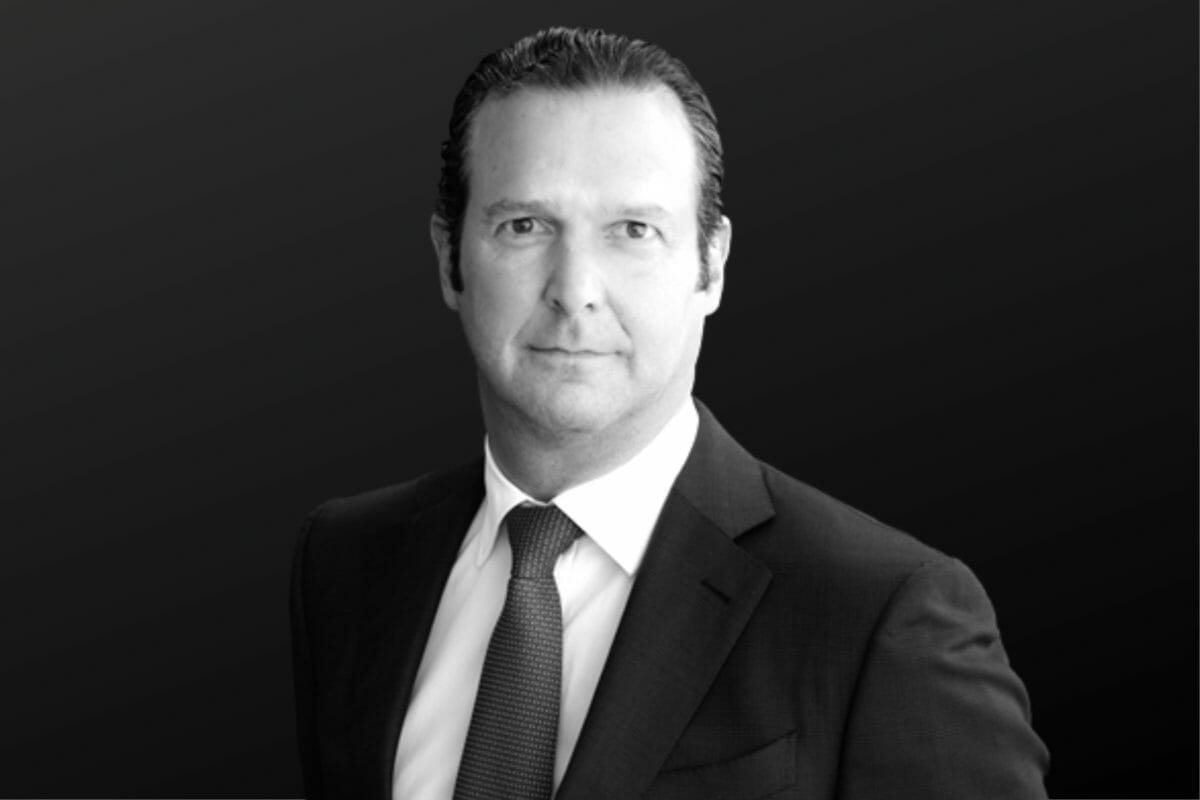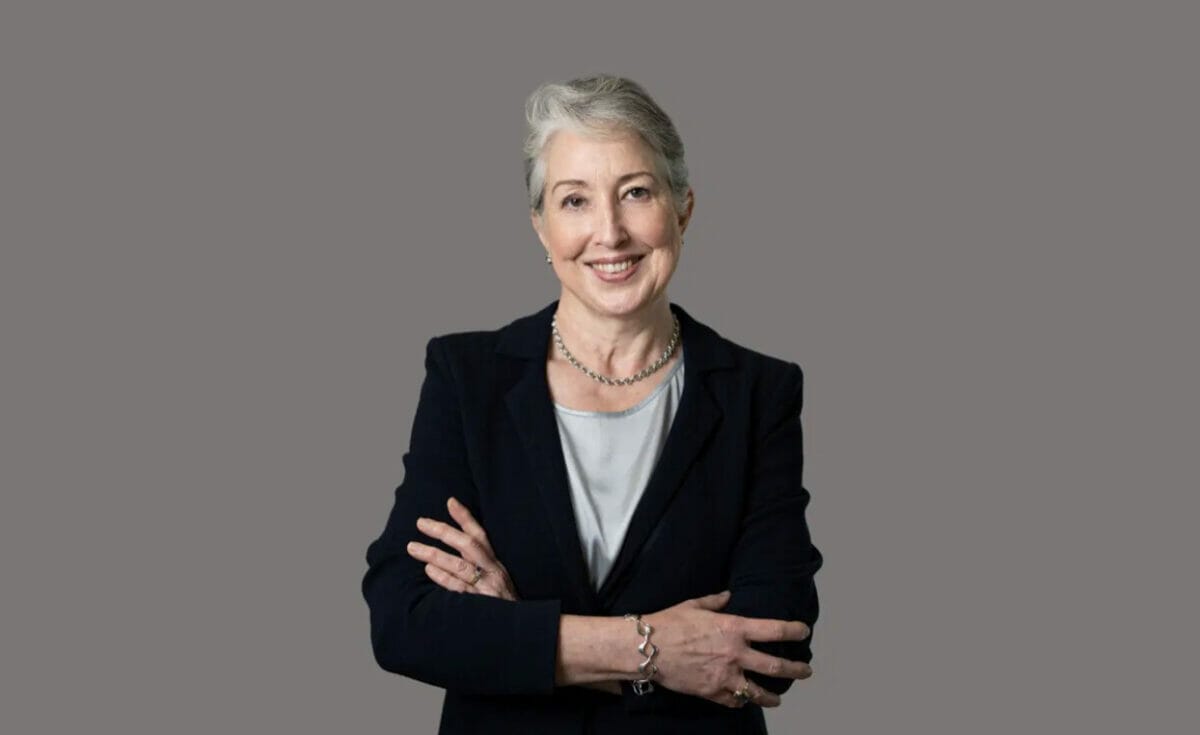Multiple crises have come together to reinforce long-term structural market trends, giving asset owners “a great opportunity to act responsibly and an enormous risk if we do not,” according to a managing partner at Swiss bank and financial services company, Pictet Group.
Noting that “we’ve come a long way since the ability to melt glaciers was a source of pride,” Laurent Ramsey, a managing partner at Swiss financial services company Pictet Group, said there is now a collective responsibility to figure out how to implement the green transition as quickly as possible.
Speaking with Fiona Reynolds, chief executive of Conexus Australia, at the Sustainability in Practice forum at Harvard University, Ramsey said three crises are accelerating and reinforcing structural market trends that are already playing out.
The first is climate change following the “free lunch” humans have enjoyed at the planet’s expense. He noted that “the ecological collapse we could witness over the next decade is the result of the greatest market failure of all time.”
“In financial terms, we now realise we have accrued enormous debt vis-a-vis essential ecosystems, the carbon and water cycles, land systems and biodiversity,” Ramsey said. “We have responded by requesting multiple extensions on this debt, rolling it out further and further into the future. Planet Earth is now giving us increasingly frequent margin calls in the form of climate chaos, extreme heat, forest fires, floods, and droughts.”
As with financial debts, the longer they are put off, the higher the final cost, he said. But unlike with financial debts, there is no central bank for nature that can intervene and remove carbon from the atmosphere.
The second crisis is society’s response to the Covid-19 pandemic, which locked down entire cities and deepened existing inequalities, but also quickly brought a digital eco-system to life and saw the unprecedented fast development of vaccines.
“We accelerated and scaled up existing science and technology, and this is exactly what we need to do to both mitigate and adapt to climate change,” Ramsey said.
The third crisis is the need for a global supply chain overhaul. This has been accelerated by the conflict in Europe, which exposed inherent risks in energy supply chains, Ramsey said.
“Countries like Germany and Italy have built a very large part of their economy on cheap Russian energy,” Ramsey said. “President Putin’s direct control of over 40 per cent of Europe’s gas supply and 25 per cent of its oil went from inconvenient to terrifying overnight.”
Russia earned $97 billion from fuel exports in the first hundred days of this war.
The conflict also exposed the vulnerability in food supply chains. However, he said the outlook for 2023 looks reassuring as other countries have stepped up production.
The food and energy crises are “the consequence of a world that was built for efficiency, not resilience,” Ramsey said.
“When I started my career, globalisation reigned supreme,” he said. “The mantra was efficiency, and supply chains moved where production was cheapest, unrestrained by the cost of environmental and social externalities. Lean supply chains are not as good value as they seem in the face of repeated exogenous shocks.”
In response, organisations are regionalising supply chains and increasing precautionary measures, he noted.
The high cost of achieving net zero carbon emissions by 2050 will compete with healthcare and mounting defence budgets; private sector financing and know-how will have a crucial role to play in finding timely solutions, as was demonstrated in the response to the pandemic, Ramsey said.
Asset owners “have a great opportunity to act responsibly, and there is an enormous risk if they do not,” he said. As the risks of climate change is so large, it “cannot be diversified or hedged easily.”
While some still argue integrating ESG falls outside asset owners’ fiduciary responsibility, Ramsey said he is convinced “there is only upside” in integrating ESG. A core function of the asset management industry is identifying pricing inefficiencies to derive actionable investment insights, and the widely documented environmental and social considerations of climate change constitute crucial inputs to deliver optimal risk-adjusted returns.
Investors have the power to direct capital towards solutions to the crisis before us, he said, such as investing in green technologies, finding ways to achieve greater efficiency, and reducing the emissions of the food sector.
They can direct capital towards companies whose operations align with science-based climate and environmental targets, and pressure those who have not yet set targets. It is critical to “engage with the laggards,” he said.
“The easy approach of excluding bad players does not deliver the financial, environmental or social return we need,” Ramsey said. “It is like throwing your garbage on your neighbour’s lawn. There will always be another investor willing to take additional risk for greater potential return in the short term.”
“Truly active management” will be required to navigate the transition, and strong internal control systems can reduce the risk of greenwashing, he said. Strong fundamental analysis of ESG data and trends will be critical, and focused NGOs offer compelling, open-source ESG data.
“Where interactions with NGOs used to be limited to buying ourselves a good conscience through philanthropy, today they can help us to be better, more impactful investors,” Ramsey said.
It will be important to educate the public and media, along with “engaging with those that misinterpret what we have said or done,” he said.



